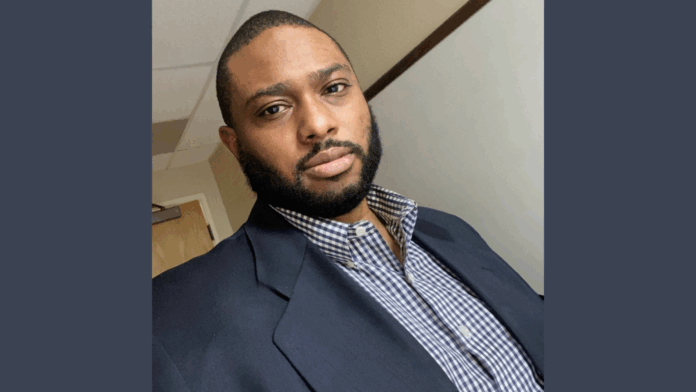From the corridors of healthcare to the creative world of cinema, Nigerian-American filmmaker Lanre’ Obisesan has charted a remarkable path fueled by a passion for storytelling.
A trained pharmacist who now writes, produces, and directs emotionally resonant films, Obisesan believes cinema has the power to reflect society, heal trauma, and affirm shared humanity.
In an interview with Global Voices, Obisesan opened up about his artistic journey, cultural identity, and debut feature film Dokita Musa, a poignant coming-of-age story that explores hope, silence, and resilience in rural Nigeria.
“Storytelling came long before pharmacy,” Obisesan said.
“I grew up around griots—relatives and neighbors who could turn everyday life into rhythm and memory. That instinct to observe and connect has always been part of me.”
While he initially pursued career in healthcare, earning a doctorate in pharmacy and practicing for years, Obisesan eventually felt an inner calling that led him to filmmaking.
“Healing comes in many forms,” he said. “I saw so much unspoken pain in both Nigeria and the U.S., and I needed a way to process it. Film became that way.”
Obisesan taught himself the basics by obsessively watching films from directors such as Djibril Diop Mambety, Tunde Kelani, Ousmane Sembène, and Abbas Kiarostami.
Later, he sought formal training to refine his craft, but insists that his creative foundation was built on memory, music, and emotional intuition.
His debut feature of Dokita Musa centers on an 11-year-old boy in a Yoruba village who stammers but dreams of becoming a cardiologist.
The film not only captured the boy’s inner world but also portrays the surrounding community—grieving parents, disillusioned scholars, and families weighed down by poverty.
“It’s a love letter to Nigeria—an honest one,” Obisesan said. “It doesn’t avoid the pain, but it holds space for beauty and dreaming.”
He explained that choosing to portray a child with a speech disorder was both intentional and deeply personal.
“I’ve known brilliant children whose potential went unrecognized because of how they spoke or where they came from. I wanted to honor that kind of quiet strength.”
Dokita Musa was produced under difficult conditions in a remote Nigerian village with limited resources.
Obisesan said building trust within the local community was crucial to the film’s authenticity.
“I wasn’t just shooting a story—I was living among the people it represented.”
The film had its world premiere at Dances With Films in Hollywood, drawing praise for its emotional honesty and cultural depth.
“It doesn’t promise easy answers, but it starts conversations,” he said.
“That’s the power of cinema—to connect people, challenge narratives, and reflect our shared humanity.”
“I left pharmacy not to escape healing, but to expand its reach,” he said. “Through cinema, I hope to offer stories that don’t just entertain, but resonate, reflect, and restore.”



